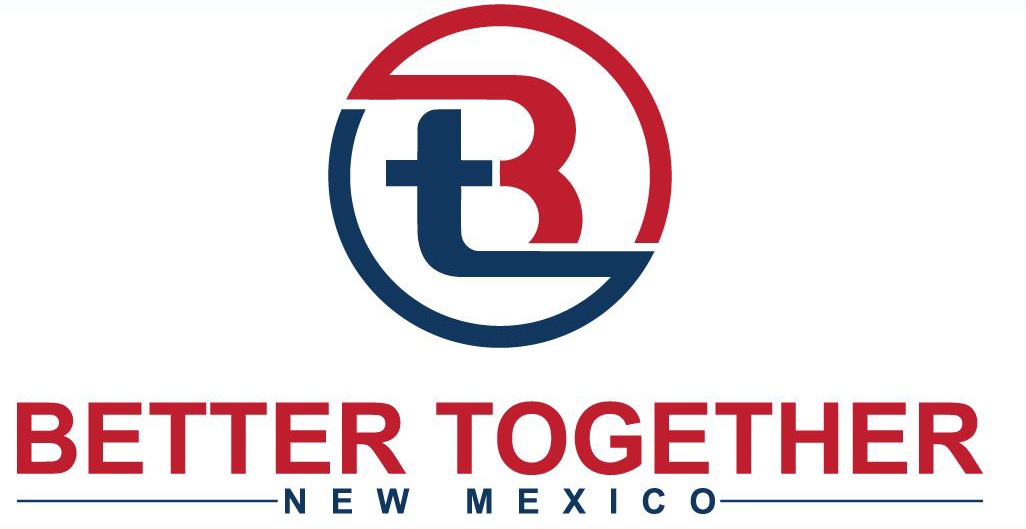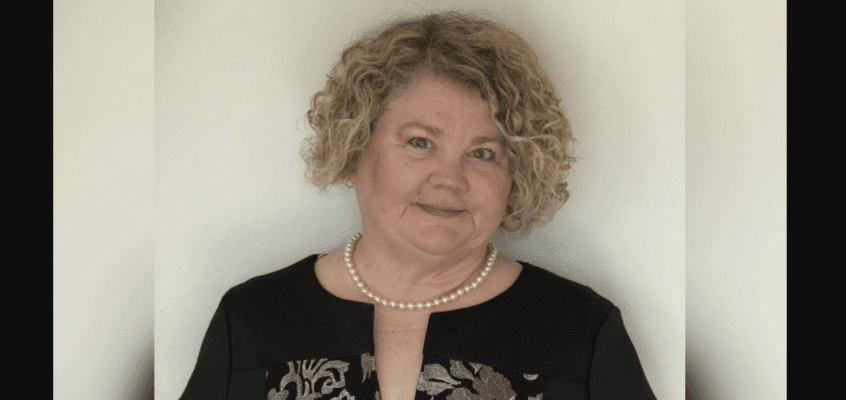Ramona Goolsby | Provided Photo
In a constitutional republic, the fundamental principle is that the power resides with the people. Yet, in recent events unfolding within the chambers of the New Mexico Legislature, this principle seems to be fading into obscurity. The decision by the Chair of the House Judiciary Committee, Rep. Christine Chandler to “log roll” comments on two separate bills without the presentation of both bills exemplifies the contempt legislators have for the people of this state. Those present were required to speak on HB 27 & HB 129, both very complex issues affecting basic constitutional rights, and those on Zoom were ignored.
Restricting public expression in open meetings strikes at the heart of representative governance and threatens to undermine the very foundation upon which our system rests. Rep. Chandler then proceeded to tell those present, “We vote based on our values.” Completely disregarding those who allowed her to be in that position to begin with.
The essence of our republic lies in the ability of citizens to participate in the decision-making process, to have their voices heard, and to hold their elected representatives accountable. Central to this process is the public hearing, where individuals can voice their concerns and offer insights, to those entrusted with crafting laws that shape our society. However, recent actions in some committees of the New Mexico Legislature have egregiously curtailed this essential democratic practice.
Committee chairs wield significant power in determining the course of legislative proceedings. They are charged with ensuring that hearings are conducted fairly, transparently, and with ample opportunity for public input. However, the decision to restrict public comments in open meetings not only stifles dissent but also undermines the very purpose of these sessions.
By severely restricting public voices, committee chairs are effectively silencing the diverse perspectives that make up our communities. This exclusionary practice not only diminishes the legitimacy of the legislative process but also perpetuates a troubling trend of disenfranchisement among the populace. It sends a clear message that the concerns of ordinary citizens are inconsequential in the eyes of those in power.
Moreover, such actions erode the trust between elected officials and the constituents they serve. In a state where transparency and accountability are paramount, the decision to muzzle public expression fosters a culture of secrecy and elitism. It fosters a perception that decisions are made behind closed doors, away from the scrutiny of those most affected by them.
Furthermore, the restriction of public input undermines the quality and effectiveness of legislation. Public engagement is not merely a formality but a vital source of information and feedback for lawmakers. Excluding public voices deprives legislators of valuable insights, alternative viewpoints, and real-world experiences that can inform and enrich the policymaking process.
The essence of our republic is not merely the act of voting but the active participation of citizens in shaping the laws that govern them. It is incumbent upon those in positions of authority to uphold and defend this principle at all costs. Committee chairs must recognize that their role is not only to preside over proceedings but also to facilitate meaningful engagement and dialogue.
As concerned citizens, we must demand accountability and transparency from our elected representatives. We must insist that the voices of the public be heard and respected in the halls of power. Anything less is a betrayal of the principles upon which our republic stands.
A complaint was filed with the Speaker of the House, Rep. Javier Martinez, and the House leadership with no action taken because the same contempt was exhibited on Wednesday, January 31st.
In conclusion, the decision to restrict public expression in the House Judiciary Committee on January 29th and 31st represents a grave threat to our democratic ideals. It undermines the fundamental rights of citizens to participate in the decision-making process and erodes the trust between the government and the governed. We must stand together to defend the principles of transparency, accountability, and public engagement, lest we allow the very essence of our republic to slip through our fingers.
Ramona Goolsby is a retired medical professional, veteran, and citizen of New Mexico concerned about transparency and accountability in Government.


